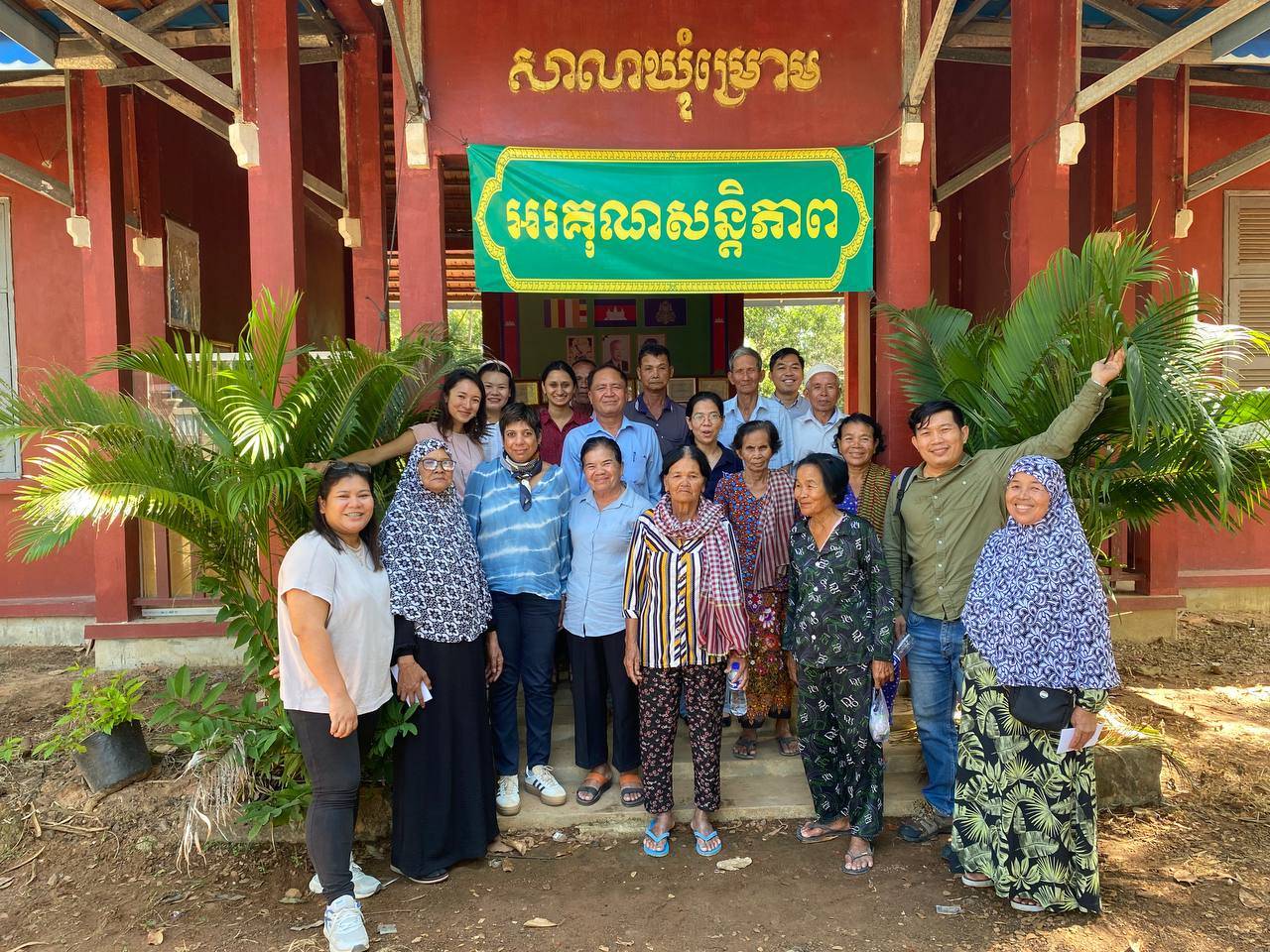Cambodia
Conflict-related sexual violence during the Khmer Rouge regime remains largely invisible and unacknowledged. Forced marriages were prevalent, imposed as a demographic control mechanism, and many survivors continue to live with the aftermath. Other forms of sexual violence, such as rape and sexualised torture, were also rampant but even less discussed.
The myth about Khmer Rouge was that there was no sexual violence. It was about asking the right questions, but the Court didn’t ask them- nobody did. Survivors were never asked about sexual violence other than forced marriage.
— Civil Party lawyers before the ECCC, Cambodia
Project Partners
2022
3
40%
Reparations projects ordered by the ECCC (in two separate judgments in 2014 and 2018), failed to reflect the full extent of survivors’ experiences, and were limited to collective and symbolic measures. Given the lack of tangible impact, many survivors and advocates view the measures as inadequate.
Following the publication of the Global Reparations Study in 2022 and its recommendations, GSF began scoping for an interim reparative measures project in Cambodia. We partnered with two Cambodian organisations: Kdei Karuna (KdK) and the Transcultural Psychosocial Organization (TPO).
An agreement to develop and co-create the project with survivors was signed in February 2024. This involved group discussions with survivors, survivor activists, civil society organisations, lawyers, officials from the Khmer rouge tribunal, academics, and researchers.
The project formally began in December 2024.
